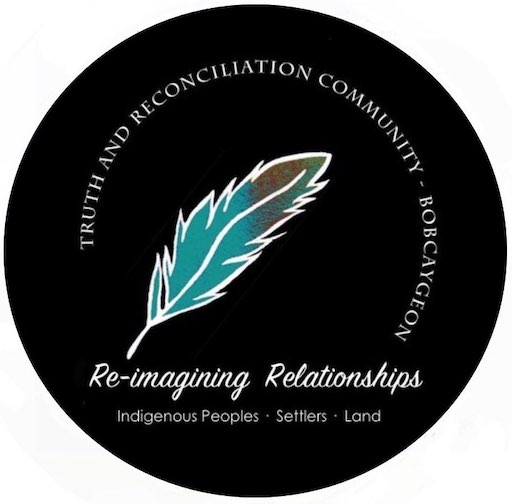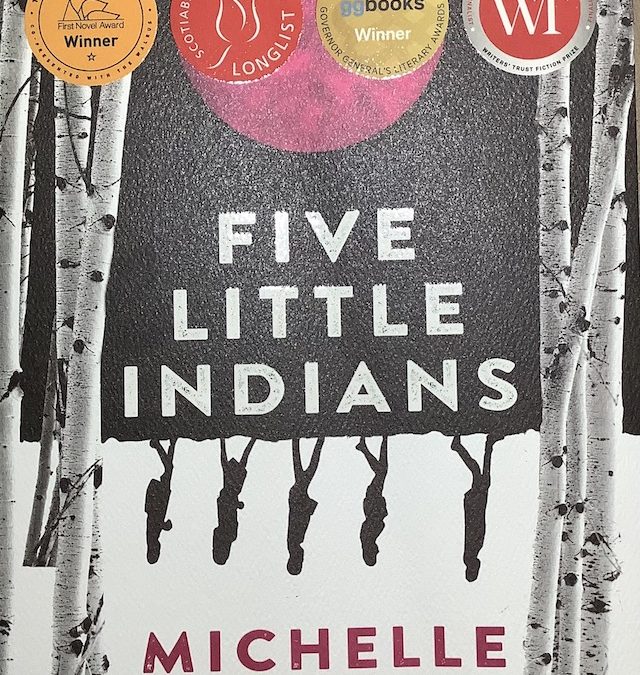Five Little Indians by Michelle Good
Published by Harper Perennial, an imprint of HarperCollins Publishers Ltd. 2020 ~ Review by Ann Davidson
This is a riveting, raw and haunting novel about five survivors of one Indian Residential School in British Columbia.
It is a first novel by Michelle Good who is a member of the Red Pheasant Cree Nation in Saskatchewan. She obtained a law degree as well as her MFA in creative writing. I found her writing to be engaging and authentic. As much as can be possible, she puts the reader in the skin of the survivors, whose identity, self worth and dignity were stripped away at an early age.
Because it is a novel, rather than a recital of statistics of mistreatment, the reader can become immersed in the experiences of the protagonists. The children were brought forcibly to the school around the age of 6 and unless they escaped by running away, they had no contact with their parents or relatives until they were dismissed at the age of 16 and told to make a life for themselves. Various punishments were meted out regularly at the school for minor infractions as well as for telling the truth. Deprivations, along with physical, emotional, and sexual abuse were rampant. The author was able to convey with compassion the resulting intense feelings of loneliness, anger, shame, and humiliation coupled with helplessness.
The lives of the five survivors are intertwined in the telling of their stories. They coped with their traumatic experiences in various ways, but each one was deeply affected for the rest of their lives. Alcohol and drug abuse is a common means of retreat, to block out painful memories. Having worked in the field of addiction recovery for most of my working career, I was struck by the compassionate treatment of this coping mechanism in the book. And this is what makes the book worth reading: through all the pain there is resiliency that shines through in how these survivors found the courage to carry on with their lives and give support to one another both as children and later as adults.
Good’s writing evoked powerful images for me such as, contrasting the peaceful green areas of Stanley Park with the squalor of living in the lower East side of Vancouver; the silence of an empty playground in a village where all the children had been removed; and the reassuring rustling of the leaves (and tinkling bottles) in the poplar trees in one prairie setting.
A must read for anyone wishing to learn about and begin to understand the long-term effects of early trauma on the lives and relationships of residential school survivors.

Interview with Tom Power and Michelle Good
Michelle Good set out to make the story of Residential School visceral so that it reached hearts and minds.

